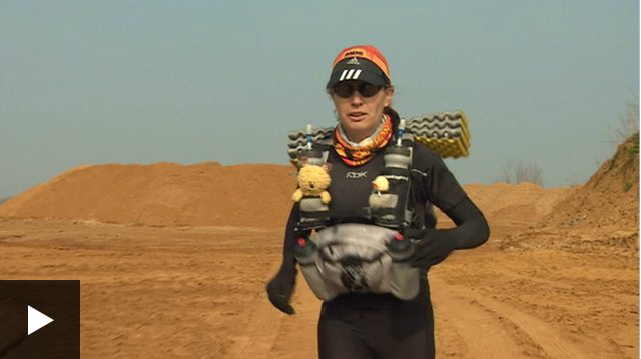Panel discussion Wednesday, Nov. 18 2015 over lunch @ Hiltl
Meat consumption is increasing worldwide, while at the same time the area of untouched rainforest is decreasing, partly because it is being used intensively for the cultivation of soy for animal feed and as grazing land. Equally alarming is the state of the increasingly overfished oceans and the living conditions of the animals that serve us as food. What alternatives are available? Will we soon be eating artificial, less, no or different (animal) meat?
|
Discussion with Christian Bärtsch, co-founder and member of the management board of Essento, a Swiss start-up dedicated to the potential of edible insects Thomas Bratschi, ZHAW – Life Sciences and Facility Management Head of the Geography of Food research group, lecturer CAS in Food Responsibility Rolf Hiltl, 4th generation owner and managing director of Hiltl AG Moderation: Dr. Olivia Bosshart, KION including the following questions and topics – How can the constantly growing world population be supplied with food, especially protein? – And with what type of protein? What does this mean for cultivation, “production”, distribution, eating habits, … – Vegetarian cuisine is booming – is the future of nutrition becoming more vegetarian? Vegan? For which regions of the world does this apply? And is that a luxury? – Will we eat less, no or different meat in future? Do we include insects in our diet? Or would you prefer artificial meat? – … what questions do YOU have? |
|
Details on procedure, place and time Date: Wed. 18.11.2015 Venue: Hiltl Academy, Haus Hiltl,5. Floor, Sihlstrasse 24, 8001 Zurich Podium: 12:15 to 13.15, followed by Hiltl finger food Admission: Incl. Catering CHF 50. Registration: until Mon. 16.11.2015. by email at anmeldung@kion.ch or at: www.kion.ch |






